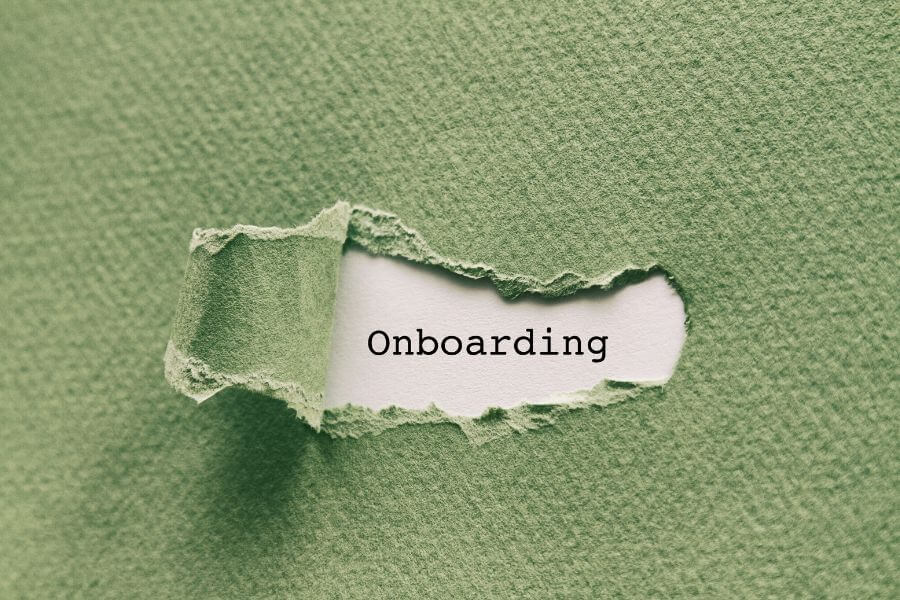If Covid has taught us anything, it’s how to socially connect while being physically distant. Now with millions of people working from home, the virus has fundamentally changed the way we connect, socialise and collaborate. While we cannot underestimate the value of face-to-face interactions, we must learn to adapt in these crazy times. The first step in doing this is to accept the need for technology and innovation, especially when it comes to event programs. Now is the time to rethink the concept of ‘place’ and envision a future where virtual events become the new norm.
With this in mind our team has put together some helpful hints and ‘how-to’s’ to allow you to create an engagement-driven, value-added online experience that extends well beyond the computer screen.
What is a Virtual Event?
Basically a virtual event is any event that allows people to come together at a certain time via a digital platform. It no longer matters if your stakeholders are located at all different corners of the globe, if they are connected to the internet, they are able to attend your event. From webinars to conferences, there are many ways online events generate opportunities for businesses to expand their awareness and engage with audiences.
Why host one?
- Accessibility
As we briefly mentioned above, one of the main reasons to host a virtual event is location and accessibility. With Covid causing state-wide lockdowns and business shutdowns, it’s physically impossible to attend events in person these days. Thanks to the wonders of technology we are able to host in-person events while still accommodating those who usually would not be unable to attend.
- Cost Savings
Another great and very appealing reason to host a virtual event is cost savings. It’s no secret that hosting live events can be expensive. Most of the time you would be facing venue fees, on-location staff wages, catering fees and so on. With all these costs removed, why not use these savings to purchase a reliable, high-performance event platform. Alternatively, if you already own such a thing, why not consider reducing ticket prices to attract those attendees who may have been on the fence about attending. Overall, the reduced costs associated with virtual events means a much higher return on investment.
- Analytics and Leads at your fingertips
Hosting onsite events makes it pretty difficult to keep track of the activity of each attendee. This becomes a lot easier when hosting something online. You can easily collect data indicating when someone joined a session, maintain real time user activity logs, track attendee locations, see how many people used the networking and live chat options and a lot more. With all this data not only are you able to gauge the success of the event more accurately, you have also generated a whole list of leads, that through marketing you can turn into sales prospects.
Marketing your event:
Building awareness of your event through a marketing strategy that creates irresistible appeal is key to achieving high attendee rates, conversations and leads for your business. There are so many ways you can choose to market your event. Below we have listed a few key ways to get you started.
- Identify your target audience
Before you do anything it is essential that you are clear about who you are targeting and why. This information is crucial as it will determine the channels you need to reach and the messaging you will need to adopt. For example, if you are targeting a younger demographic, Facebook, Instagram and TikTok would be the channels you’d choose. Similarly, if your aim was to attract young professionals you might opt for LinkedIn or Email Marketing as your avenue.
- Create a landing page
Your landing page is the focal point of your marketing campaign, use it as a way to communicate your unique value proposition. It should serve two purposes; It will allow you to communicate why people should care about your virtual event, and will capture the details of potential attendees which you can then use in other aspects of your marketing strategy. Apart from showcasing your brand, your landing page should ideally have the date and time of the event, an event agenda and a brief overview of what attendees can expect on the day.
- Promote
Leverage your existing web and social media presence to get the word of your virtual event out there. The people following you on your socials are already your target audience so use these platforms to generate engagement and create hype. Don’t be afraid to call in any speakers or sponsors you may have. Ask them to share your event and collaborate with them on ways you can elevate your marketing efforts. Finally, add a prominent section on the homepage of your website that links directly to your event’s landing page.
What technology will you need to host a virtual event?
Virtual events are built around content, attendee engagement and data, and at the core of achieving that is good technology. Blurry videos, dody wifi and sound issues will distract and actively disengage your attendees. So, whether you’re planning on organising your event in-house or choose to use an external provider, the quality of technology really sets the tone for your event.
You must also think seriously about the site hosting the event. There are many great options out there including Zoom, Google Meet, Microsoft Teams, Instagram Live, and Facebook Live. Here at Adventure Digital we do a daily ‘Stand Up’ meeting via Google Meet to check in with everyone and to discuss what everyone has planned for the day. I personally have attended Zoom Trivia nights and Instagram Live cook-a-longs during lockdown as a way to stay connected. I found all sites extremely intuitive.
The site that houses ticket purchases is also important. Event Brite, 123 Tix, Ticketek and MyGuestlist Ticketing are all good, user friendly sites. Just like an in-person event, virtual events benefit from the use of entire technology platforms that allow you to promote, execute and oversee your event. So when planning your virtual event be sure to take a holistic approach and really consider which technology is going to work best for you.
To conclude, it’s clear that virtual events have become a popular mode of digital communication and it’s not just because covid forced the whole world online in 2020. Just like in-person events they still need large amounts of planning and strategic execution to ensure results. However, where they differ is that they allow businesses to connect with larger audiences faster and more cost effectively. They make it easier for businesses to collect in-depth data while also fostering close relationships with their attendees.
So, if you’re sitting there thinking’,
‘Wow this all sounds great but who the heck has time for that!?
Hop over to our website and book yourself a free 20 minute discovery call and let us take care of it for you.



